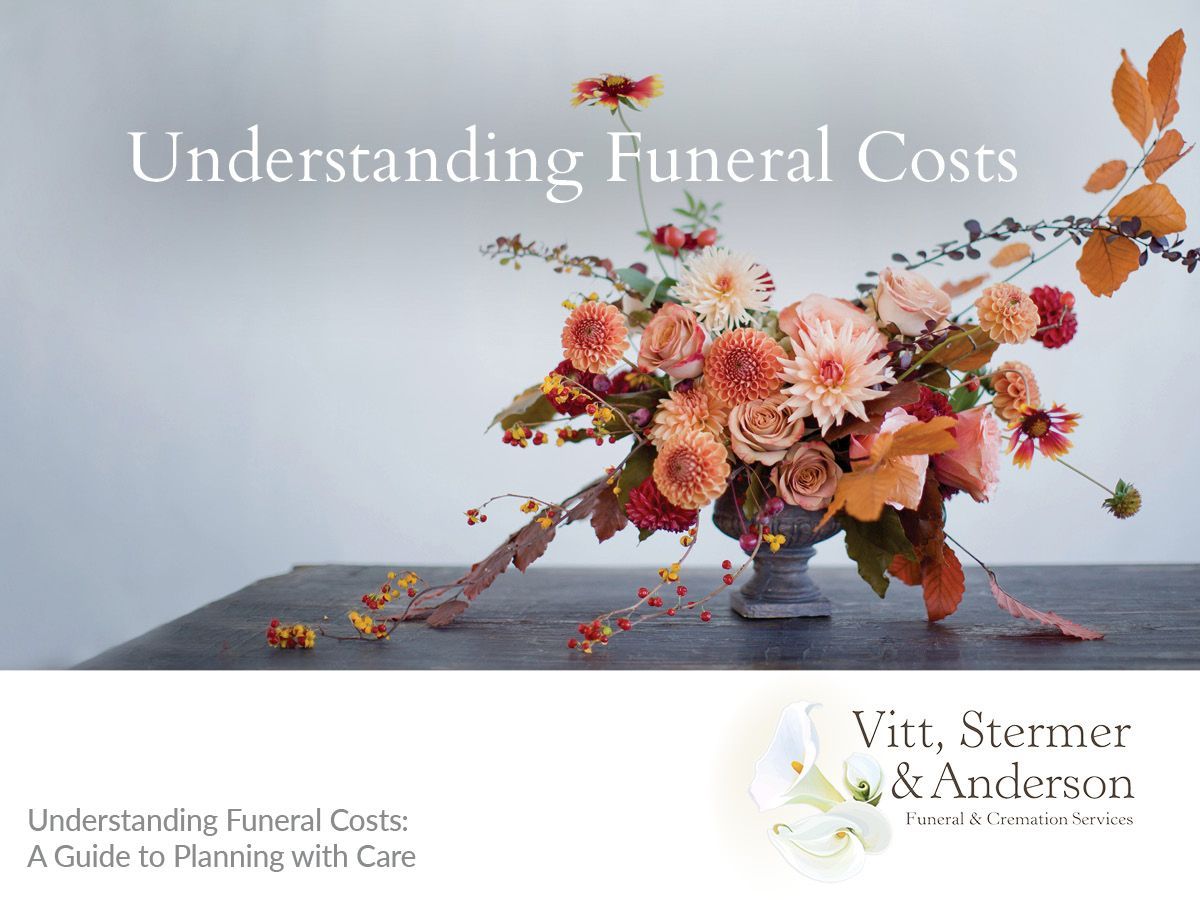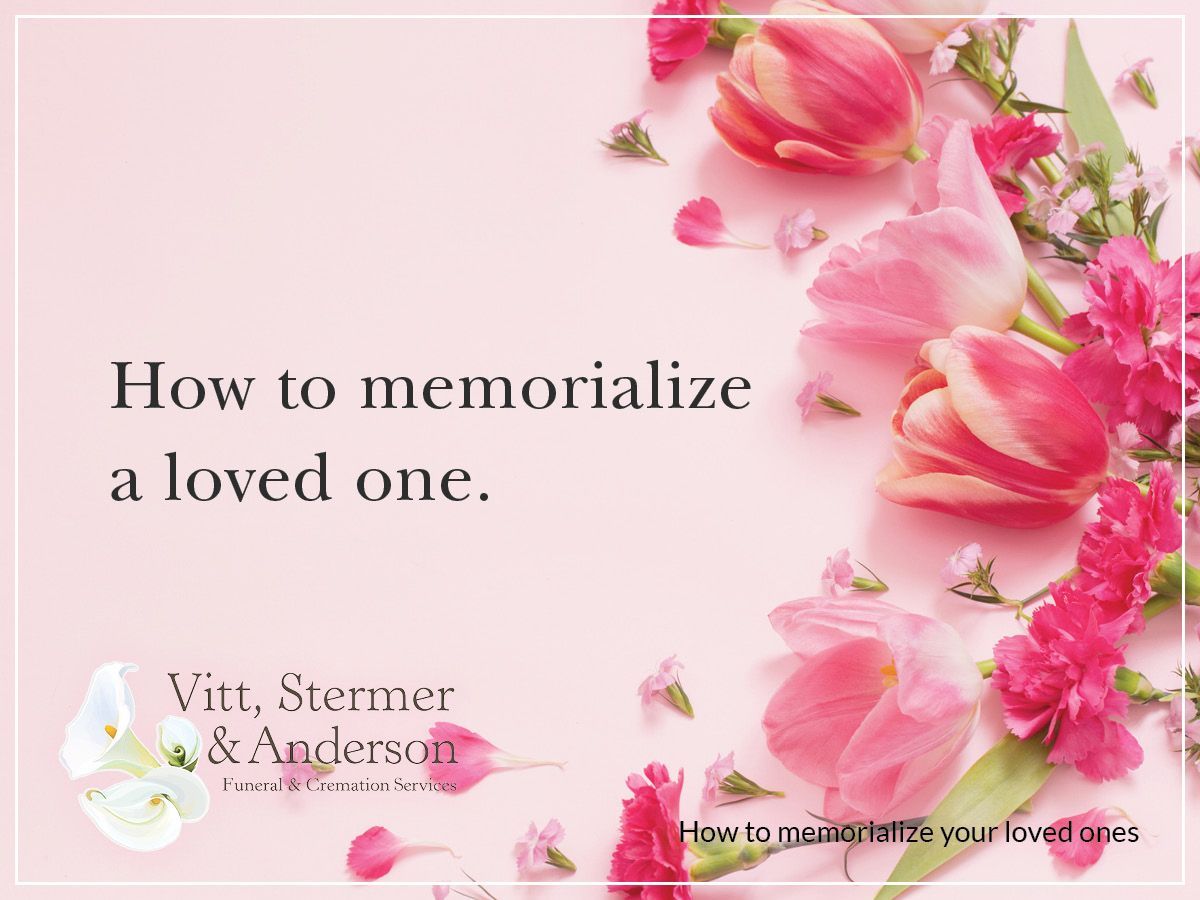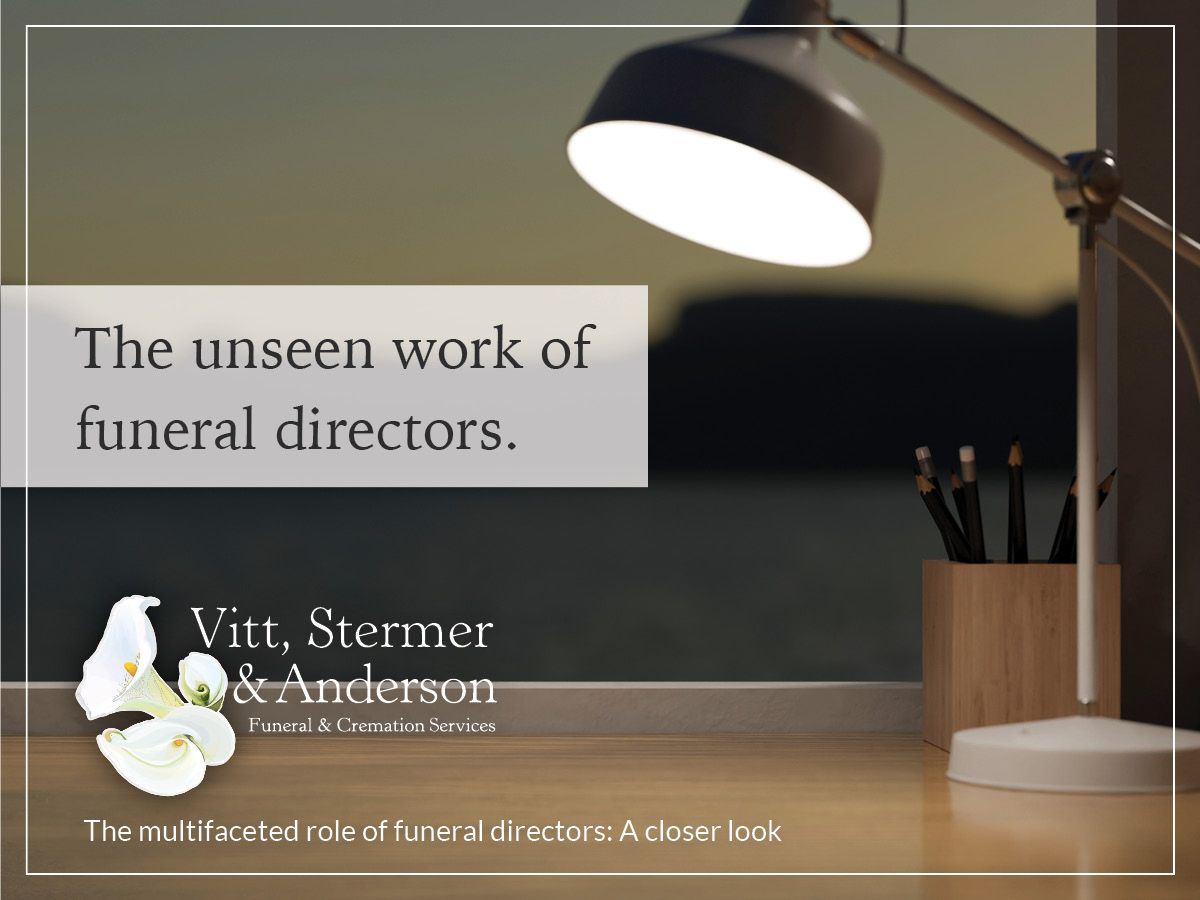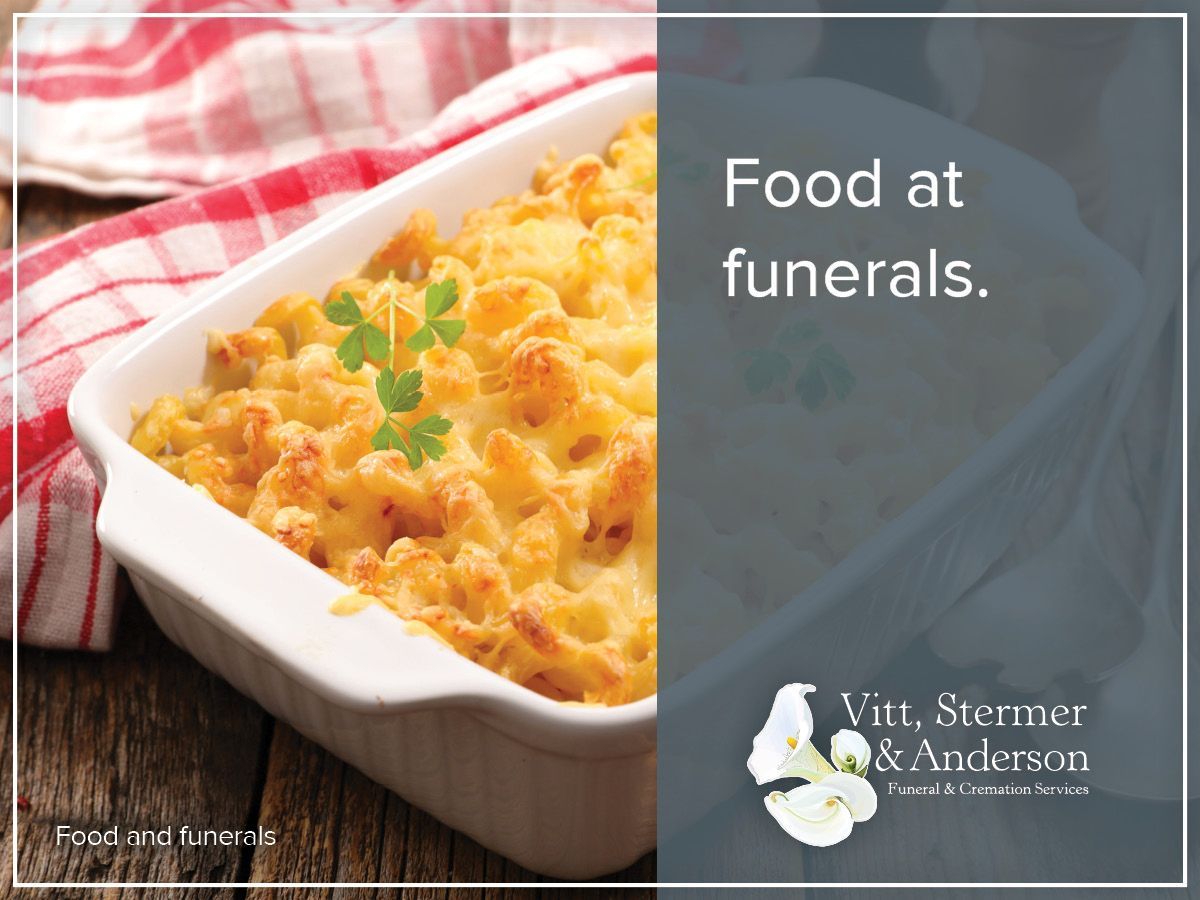How to Write and Deliver a Eulogy
What is a Eulogy?
A eulogy is a speech or a writing that praises someone who has recently died. A eulogy or multiple eulogies may be the centerpiece of a life celebration or a part of a religious based service. Eulogies are not reserved for those who have circled the moon, lead companies or countries, or written books and music. Eulogies are for everyday people who were loved. They are for mothers and fathers, sisters and brothers. They are for people who touched lives in ordinary ways.
Who should deliver the Eulogy?
A eulogy may be delivered by a family member, a friend, a coworker, or even a funeral celebrant. The eulogist need not be a polished public speaker, but a family member who is uncomfortable with public speaking may not be the best choice.
Before a person accepts the honor of delivering a eulogy, they should consider the following: Will they have the time and energy to invest in preparing the speech? Do they have the emotional stamina needed to stand before a group and talk about the loved one for five minutes or more? Will delivering the eulogy help them in their own personal grief process or will it be an added burden?
The hours, days, and weeks following the death of a loved one are difficult. A grieving spouse, child, parent, or sibling may not be up to the job. There is no shame in saying no. A more distantly related family member may be a better choice.
What should be included in a Eulogy?
A eulogy, by definition, is praise, praise for the deceased. A parent who got up every day for thirty, forty, or fifty years and went to work just to keep food on the table and a roof over his family’s heads deserves praise. A eulogy often begins at the beginning and follows a chronological order of the life that was lived. What brings a eulogy to life are the stories. When a eulogist can tap the emotional connections, the feelings, the humor, things the person loved to do or often said, or cared deeply about, it can create a magic moment.
A eulogist who takes the time to “interview” family members and close friends will be able to add to the scope of the speech. Just ask, “what will you remember about mom?” Or “what shouldn’t be left out of the eulogy?” These interviews are especially important when one sibling is taking the stage to represent the family. It is a good idea to review what you plan to cover and check in with other family members to see if anything should be added or deleted to what you have written.
What should not be included in a Eulogy?
When putting together a eulogy think of the listeners. The eulogy leaves a lasting impression. No person is perfect, but a eulogy is not the place to review shortcomings, air grudges, or point out flaws.
How to Write and Deliver a Eulogy:
Even if you are accustomed to public speaking, when it comes to a eulogy you should write it out and read it out loud. Practice and edit until it sounds right to you. Put it down for at least a few hours, then go back and read it out loud and again edit as needed. You may think you do not need to read the eulogy out loud, but you do. The brain lays down the information in different ways … believe it or not actually writing with a pencil and paper before you type the eulogy on your computer will help you with recall. Planning and preparation are critical. You will have emotional moments. As you practice check in with your speed of delivery. A slower cadence/speed of speaking will come across as comforting and help anyone who may have difficulty hearing understand what you are saying. Finally, a eulogy is not the time for off-the-cuff speaking. Even if you are a good, experienced speaker, preparation is needed.
Ask the funeral director to provide a podium or lectern and a microphone. Schedule a practice time with the funeral home. Check to be sure the set-up can be adjusted for your height and ask the director to have a glass or bottle of water available.
Type your speech in a font that is large enough for you to read easily. Print it out on single pages, number the pages and use a highlighter to mark key words. When you arrive at the podium, place your speech in the order you will deliver it. If you will be including readings make sure they are printed and inserted in your pile in the appropriate order. You want to avoid paper shuffling. As you go through your eulogy turn your completed pages over on the left making a new pile of delivered material blank side up.
When you are one of several eulogists who will speak, you absolutely will need to connect with each other before you begin to write your eulogy and after you have all completed your first draft. During the first meeting you will be deciding who will cover what. During the second meeting you will be looking for redundancy and coverage. You want to be sure the highlights of the life are covered but not repeated.
Check to be sure everyone is keeping to an agreed upon time frame for length of their part of the program. Remember, grieving family members are under stress and stress shortens one’s attention span. If it fits with your program intersperse a short reading, a musical performance, or a short slideshow of pictures in between the speakers.
When the Eulogy is the Service:
According to a Gallup poll, “Americans' membership in houses of worship continued to decline last year, dropping below 50% for the first time in Gallup's eight-decade trend. In 2020, 47% of Americans said they belonged to a church, synagogue or mosque, down from 50% in 2018 and 70% in 1999”.
When there is no organized faith base to provide an established structure for the funeral service, the eulogy or eulogies may be required to take center stage. That means a little additional thought needs to go into the coordination of the service.
The place to begin is with your funeral director. Talk to him or her about what you do want included in the service. Music, pictures in the form of a slideshow, photo boards and sometimes even food can become a part of the service or celebration of life. One eulogy or several eulogists speaking about different aspects or phases of the deceased’s life may be woven into the visual and musical presentations. Grandchildren may play grandma’s favorite song. Dad’s car club may bring an entire car show to the parking lot.
Ask the funeral director for guidance and ideas and ask for resources that will support your vision. If you would like to have multiple eulogists, talk with the funeral director about guidelines you will want to provide. How many will speak, how long should they talk, who will give them an outline of what they should cover? Who will coordinate the program? Your funeral director is an invaluable source of information.












